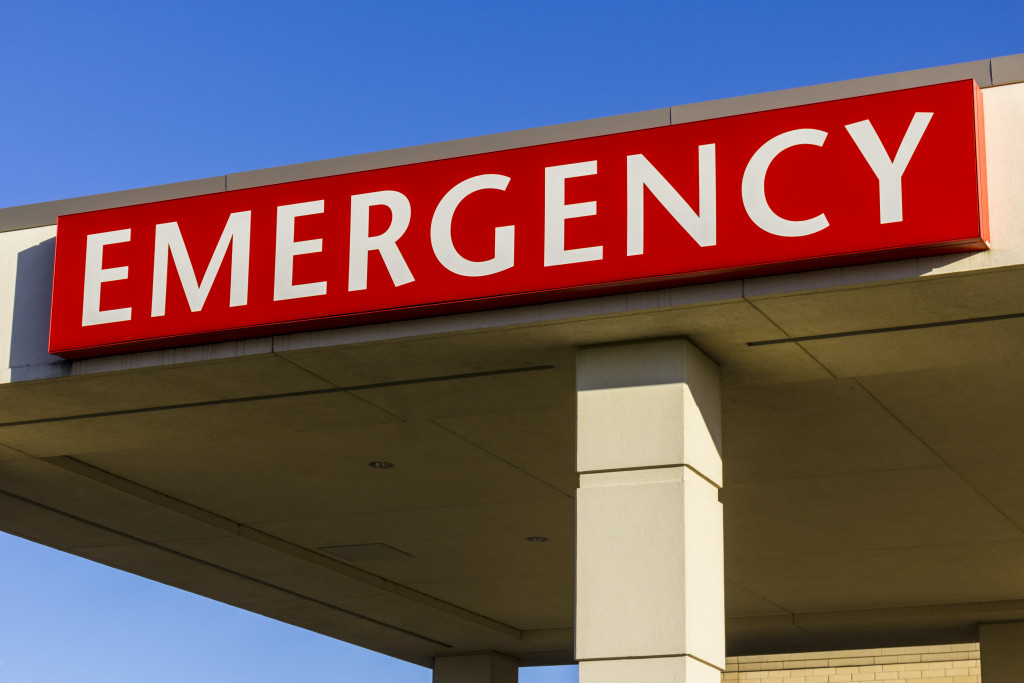- Prioritize the child’s health with nutritious food, ample exercise, and routine pediatric checkups.
- Enhance home safety by childproofing, establishing fire escape plans, and choosing safe toys.
- A critical aspect of caring for your health is recognizing signs of illness.
- One of the essential steps to be prepared for emergencies is to develop basic first aid skills.
- Be emergency-ready with an accessible kit, a clear communication plan, and prompt access to urgent care.
Parenting is a beautiful and challenging journey, filled with a mix of joys and difficulties. It is a role that requires immense love, care, and dedication. Every parent wishes for their child’s well-being, aiming to provide them with a life full of health, happiness, and safety.
However, navigating the complexities of parenthood can be overwhelming at times. With peace of mind, parents can approach parenting with confidence and clarity. They can make informed decisions that align with their child’s best interests, ensuring their physical, emotional, and mental well-being.
Having access to reliable resources and expert advice, parents can find reassurance in knowing they are on the right path. Peace of mind in parenting also enables parents to create a nurturing and supportive environment for their children.
It allows them to foster healthy relationships, cultivate positive values, and provide a strong foundation for their child’s growth and development. This blog will explore helpful tips and strategies for parenting with peace of mind, specifically focusing on child health, wellness, and safety.
Child Health and Wellness
A healthy child is happy, so prioritizing your child’s health and wellness should be at the top of your list. You can ensure your child’s well-being and promote a healthy lifestyle in these ways:
Nutritious Eating Habits
Nutritious eating habits are vital to your child’s growth, development, and overall health. Parents can encourage their children to eat healthy by providing a variety of fruits, vegetables, lean proteins, and whole grains.
Limiting the intake of unhealthy snacks, sugary drinks, and processed foods can also help to promote optimal health and wellness.
Physical Activity and Exercise
Physical activity and exercise are essential for a child’s health and well-being. Encouraging your child to engage in activities that get them moving, such as sports, dance, or bike riding, can help promote strong bones and muscles, improve coordination and balance, and positively impact mental health.
Routine Pediatric Checkups
Regular pediatric checkups are critical for assessing your child’s health and development and identifying potential health concerns before they become serious.
Scheduling routine checkups with a pediatrician can help ensure your child is healthy, growing properly, and up to date on their vaccinations.

Home Safety Measures
Home safety measures are paramount when providing your child with a safe and secure environment. These are some ways you can ensure their well-being:
Childproofing Your Home
Childproofing your home is an essential step in ensuring your child’s safety. This includes securing cabinets and drawers that contain harmful chemicals or sharp objects, locking windows and doors, and covering electrical outlets.
Fire and Emergency Preparedness
Every household should have a fire escape plan in case of emergency. This plan should include designated exits, a meeting place outside the home, and procedures for contacting emergency services.
Smoke detectors and carbon monoxide detectors should also be installed and tested regularly.
Safe Toy Selection
Selecting age-appropriate and safe toys is essential in keeping your child safe. Parents should be aware of choking hazards or sharp edges that can cause injury.
Checking for product recalls and reading reviews before making purchases can also help ensure that you buy safe and reliable products for your child.
Handling Urgent Health Situations
No matter how careful you are, accidents and illnesses can still happen. Being prepared for these situations can help alleviate stress and ensure your child receives the care they need promptly.
Discover ways to be better prepared for emergencies and safeguard your child’s well-being:
Recognizing Signs of Illness
Knowing the signs and symptoms of illness in children is essential to protecting their health. Common signs of illness can include fever, cough, vomiting, and diarrhea.
If you suspect your child is ill, contacting a pediatrician or seeking medical attention promptly can prevent complications.
First Aid Basics
Every parent should have basic first aid skills that can be used in an emergency. This includes knowing how to stop bleeding by applying direct pressure to the wound, treating burns with cool running water and covering them with a sterile dressing, and performing CPR if necessary to maintain oxygen flow to the body and potentially save a life.
Urgent Medical Care
In some cases, urgent medical attention may be necessary. Parents should be aware of the signs of a medical emergency, such as difficulty breathing, loss of consciousness, or severe injuries.
In these situations, it is essential to seek urgent care pediatrics immediately to ensure prompt and appropriate medical intervention. A plan for these situations can help ensure your child receives the care they need quickly.
Emergency Preparedness
Emergencies can happen at any time, and it is essential to have a plan in place for when they do. This includes having an emergency kit that contains necessary supplies such as water, non-perishable food, and first aid supplies, and having a plan for communication and meeting up with family members.
 Parenting is an incredible journey, but it is not without its challenges. By prioritizing your child’s health, wellness, and safety, you can give them the foundation to grow, develop, and thrive. Remember to stay informed, be prepared, and always prioritize the safety and well-being of your child.
Parenting is an incredible journey, but it is not without its challenges. By prioritizing your child’s health, wellness, and safety, you can give them the foundation to grow, develop, and thrive. Remember to stay informed, be prepared, and always prioritize the safety and well-being of your child.

